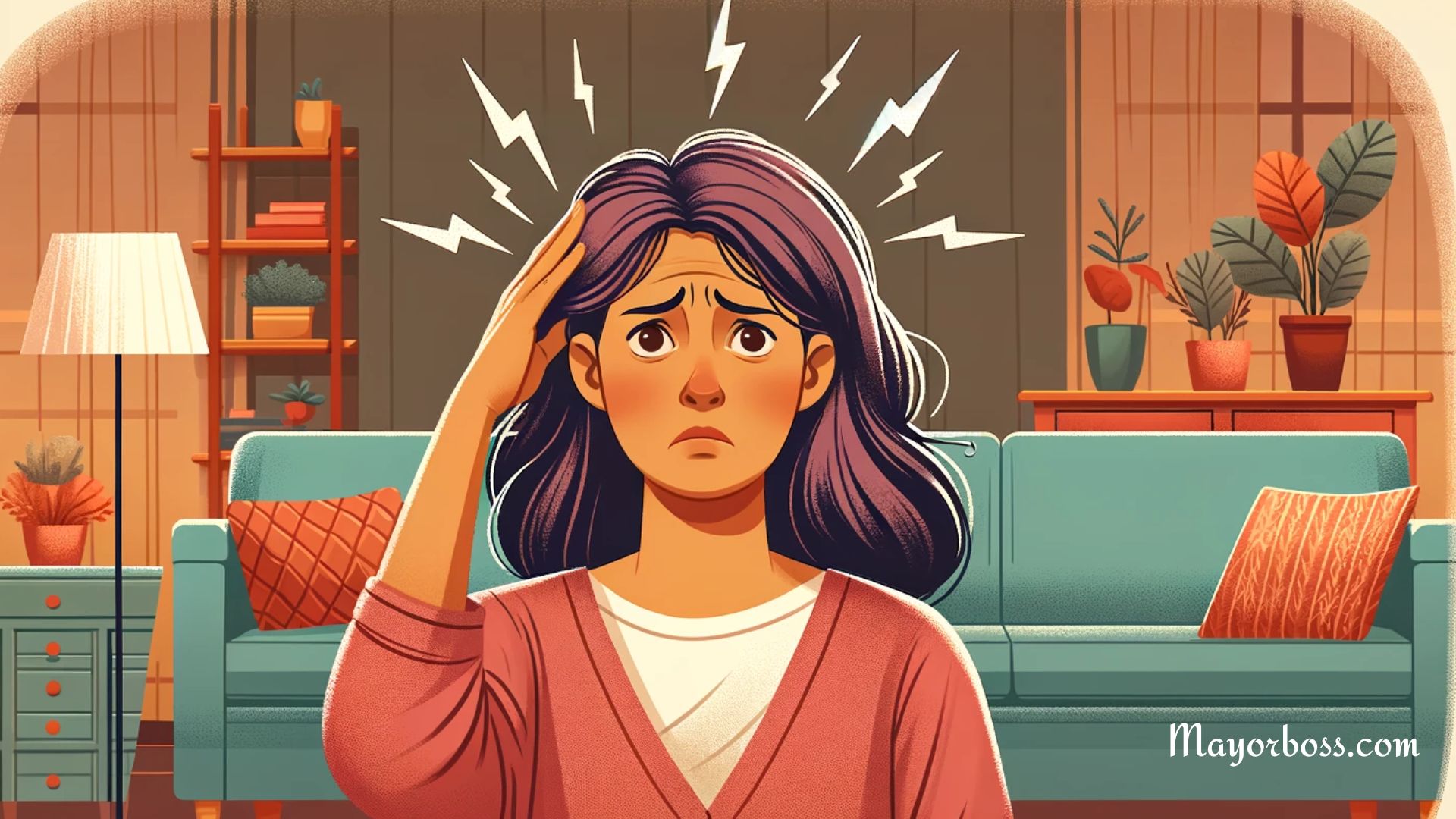Understanding Brain Zaps: What They Mean for You
Have you ever experienced a sudden, brief electrical zap or shock sensation in your brain? Often described as ‘brain zaps,’ these sensations can be disconcerting and confusing. In this article, I’ll guide you through what brain zaps are, why they happen, and what you should know about them.
What Are Brain Zaps?
Firstly, it’s essential to understand what we’re talking about. Brain zaps are sensations that people often describe as brief, sudden electrical shocks or jolting feelings that seem to occur within the head. They can also be accompanied by dizziness, light-headedness, or vertigo. Typically, these zaps are not painful, but they can be startling and uncomfortable.
Common Causes of Brain Zaps
So, why do you feel these strange sensations? Several factors can contribute to brain zaps:
1. Medication Discontinuation
Most commonly, brain zaps are associated with the discontinuation of certain medications, especially antidepressants known as SSRIs (selective serotonin reuptake inhibitors) and SNRIs (serotonin-norepinephrine reuptake inhibitors). When you suddenly stop or even slowly taper off these medications, your brain might react to these unusual sensations.
2. Stress and Anxiety
Prolonged High levels of stress and anxiety can also trigger brain zaps. When you’re highly stressed, your brain’s chemistry changes, which can lead to various symptoms, including brain zaps.
3. Sleep Deprivation
Lack of sleep is another factor that can contribute to experiencing brain zaps. When you’re sleep-deprived, your brain doesn’t function optimally, leading to a host of unusual sensations, including zaps.
Should You Be Worried?
Now, you might wonder if brain zaps are a cause for concern. Generally, brain zaps are not considered dangerous. However, they can be a sign that your brain is adjusting to changes, like medication withdrawal or high-stress levels. It’s crucial to monitor these sensations and understand their context.
When to See a Doctor
While brain zaps themselves are usually not harmful, they can indicate underlying issues that need attention. Consider consulting a healthcare professional if:
- The zaps are frequent or severe
- You’re experiencing other symptoms like severe headaches, vision problems, or loss of balance
- The zaps started after changing or stopping medication
- They significantly impact your daily life
Coping with Brain Zaps
If you’re experiencing brain zaps, there are ways to cope:
- Gradual Medication Tapering: If medication discontinuation is the cause, speak to your doctor about a slower tapering schedule.
- Stress Management: Engage in stress-reducing activities like yoga, meditation, or regular exercise.
- Prioritize Sleep: Ensure you’re getting enough quality sleep each night.
Conclusion

In summary, while brain zaps can be unsettling, they’re usually not a sign of something serious. However, paying attention to your body’s signals is always wise. If brain zaps are bothering you or you’re concerned about them, don’t hesitate to reach out to a healthcare professional for advice and support.






